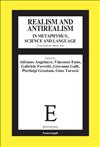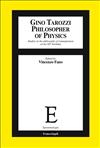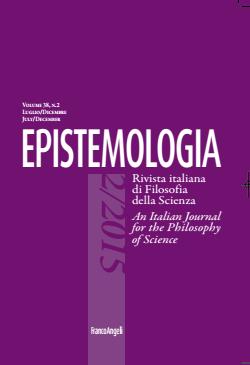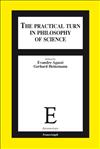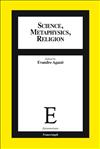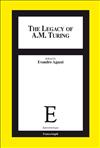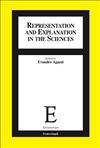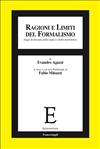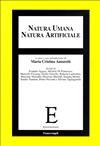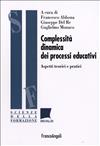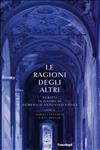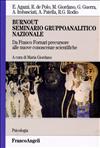Truth had been excluded from the requirements of science after the so-called "foundational crisis" of the exact sciences (mathematics and physics) occurred between the end of the 19th and the beginning of the 20th century. A formalistic outlook had imposed itself in the philosophy of science, from which meaning and truth were excluded. This approach, however, was seriously weakened after the discovery of the "internal limitations of formalisms" entailed by Goedel’s theorems, and Tarski almost at the same time advocated the legitimacy of meaning and truth for the formalized languages, calling "semantics" this part of the metatheoretical investigations. This terminology has remained standard especially in mathematical logic. One must note, however, that semantics regards in a proper sense the level of meaning, whereas truth implies in addition the reference of the language to some extralinguistic domain of entities. This domain is not accessible by means of logical, linguistic or conceptual analysis, but can be attained through "operations" of some concrete kind, whose nature determines also the ontological status of the referents. Operations belong to praxis, and this is why the notion of truth is more properly attributed to "pragmatics", understood not in the original Morris’ sense, but rather in a sense closer to pragmatism, in which the performance of actions is considered essential for providing criteria of truth.
